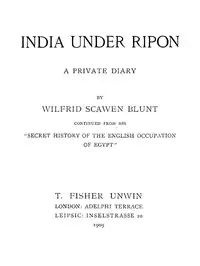"Fundamental Peace Ideas including The Westphalian Peace Treaty (1648) and The League Of Nations (1919) in connection with International Psychology and Revolutions" by Arthur MacDonald, is a work blending history and political philosophy to study the potential for lasting peace. It explores the Westphalian Peace Treaty, which concluded the Thirty Years' War, alongside the League of Nations' attempts to foster harmony and collaboration worldwide. The author likely dives into the psychological foundations needed for nations to coexist peacefully, referencing lessons from prior wars, with MacDonald presenting an anthropological view of the Thirty Years' War, illuminating both its devastating effects and the Westphalian Treaty's contribution in putting an end to religious wars in Europe. Based on this analysis, he poses that the psychological insight gained through the brutal cost of war, can inform contemporary peace initiatives. By studying obstacles encountered by the League of Nations, MacDonald pushes for a renewed focus on diplomacy and global governance, suggesting that as the Westphalian Treaty once fostered religious tolerance, comparable efforts are vital to diminish political conflicts and nurture a global dedication to peace.
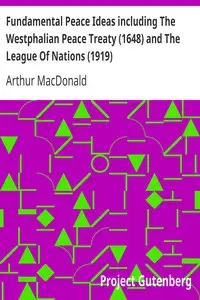
Fundamental Peace Ideas including The Westphalian Peace Treaty (1648) and The League Of Nations (1919) in connection with International Psychology and Revolutions
By Arthur MacDonald
From the ashes of devastating conflicts, a vision of lasting peace emerges, revealing the psychological and political paths needed to unite nations.
Genres
Released
2011-03-08
Formats
mobi
epub3 (images)
epub
mobi (images)
epub (images)
txt
Free Download
Summary
About the AuthorInformation on this author is scarce, but their work continues to inspire readers.
Information on this author is scarce, but their work continues to inspire readers.
Total Reviews
10.0k
Total reviews from Goodreads may change


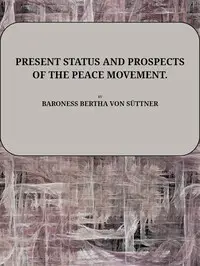
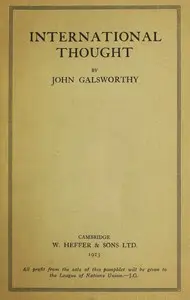
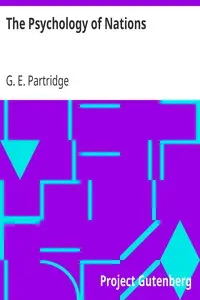

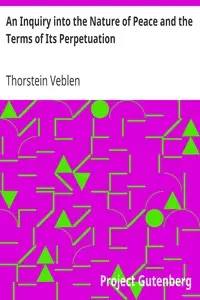
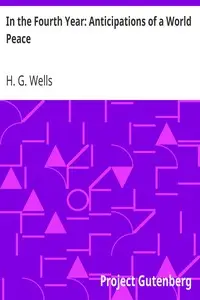


![The History of Lynn, Vol. 1 [of 2] by William Richards](https://cdn.a2-host.cloud/muGeAAV9t109zjTgJhFn50i8s7BnyxGBUZj_YUWhbIQ/rs:fill:215:325:0/g:ce/aHR0cHM6Ly9zcC1hc3NldHMuczMudXMtd2VzdC0wMDQuYmFja2JsYXplYjIuY29tL2Jvb2svNjIzNjUvVGhlX0hpc3Rvcnlfb2ZfTHlubl9Wb2xfMV9vZl8yX2NvdmVyLmpwZw.webp)
